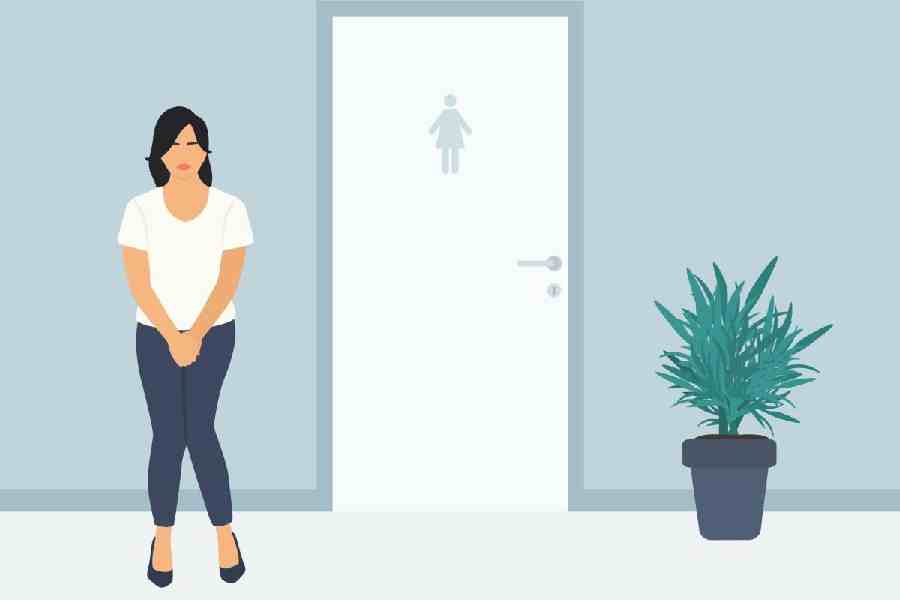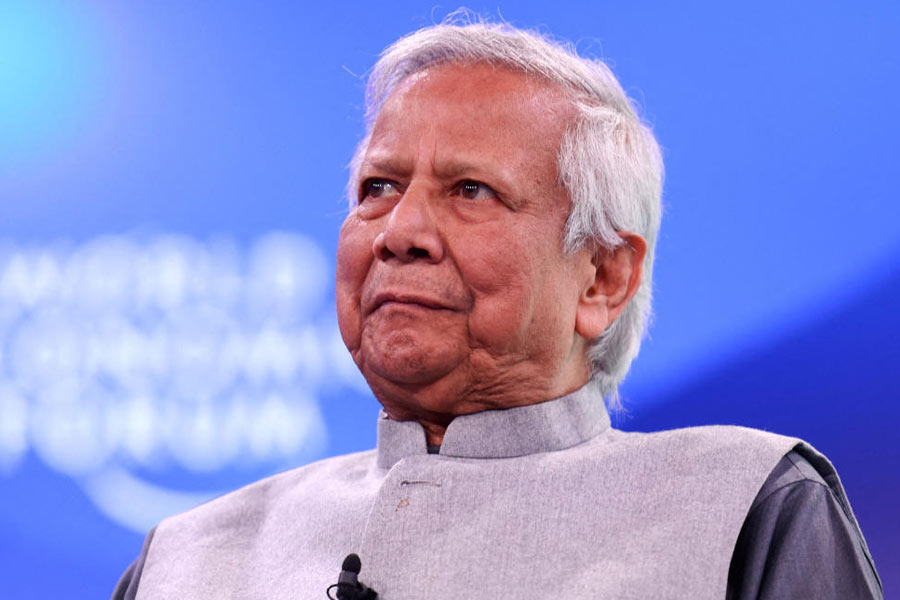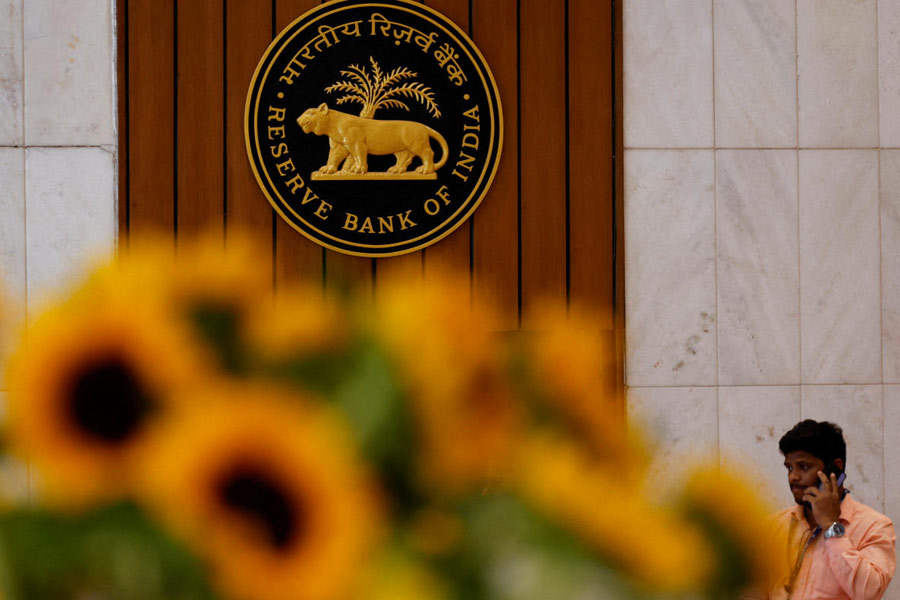Women and trans persons in Calcutta often face uncomfortable experiences while using public toilets, including the absence of locks, poor hygiene, an unequal distribution of such facilities across neighbourhoods and the presence of male attendants outside women’s toilets, a survey has revealed.
The results of the survey, conducted jointly by NGOs Sabar Institute and Azad Foundation, were released on Monday.
Over 7,500 women and 38 trans/queer persons were interviewed. They included construction workers, gig workers, drivers, janitors, cleaners, street vendors, retail salespersons and domestic workers.
The respondents also spoke about the absence of any arrangement to dispose of sanitary pads as a reason why they do not use public toilets during menstruation. They drink very little water when outdoors to pre-empt any need to visit a toilet.
“There have been days when I drove continuously for 10 hours during menstruation. I could not visit a toilet because they do not have any arrangement to dispose of sanitary pads,” said Archana Munda, who drives an app cab.
She was part of a discussion following the release of the survey’s findings.
While more privileged women often use washrooms in malls or cafes, women working in the informal sectors are hesitant to access such places to relieve themselves.
The Kolkata Municipal Corporation (KMC) runs a majority of public toilets in the city.
Swapan Samaddar, the mayoral council member responsible for the upkeep of the city’s public toilets, said there were many public toilets still that were only for men.
The KMC runs about 480 public toilets in the city, he said.
Hindrances faced in accessing toilets restrict women indoors and reduce their participation in the workforce.
“There is a direct correlation between low participation of women in the workforce and the hindrances they face in accessing toilets,” said Sabir Ahamed, convenor of Sabar Institute.
The plight of trans persons is worse. Koyel Ghosh, managing trustee of Sapho for Equality, which works for the rights and social justice of individuals with non-normative gender-sexual orientations, said trans people often faced sexual abuse while using public toilets.
“Trans men (who were assigned female at birth and now identify themselves as male) face sexual abuse if they go to a men’s toilet. If they try to visit a women’s toilet, they are prevented because of their male appearance,” she said.
“Trans women (who were assigned male at birth and now identify themselves as female) are prevented from using female toilets because women feel threatened in their presence. When they visit a male toilet, they face sexual abuse and violence,” said Ghosh.
Over 300 students from eight colleges and two universities interviewed the respondents between April 2 and May 31.










